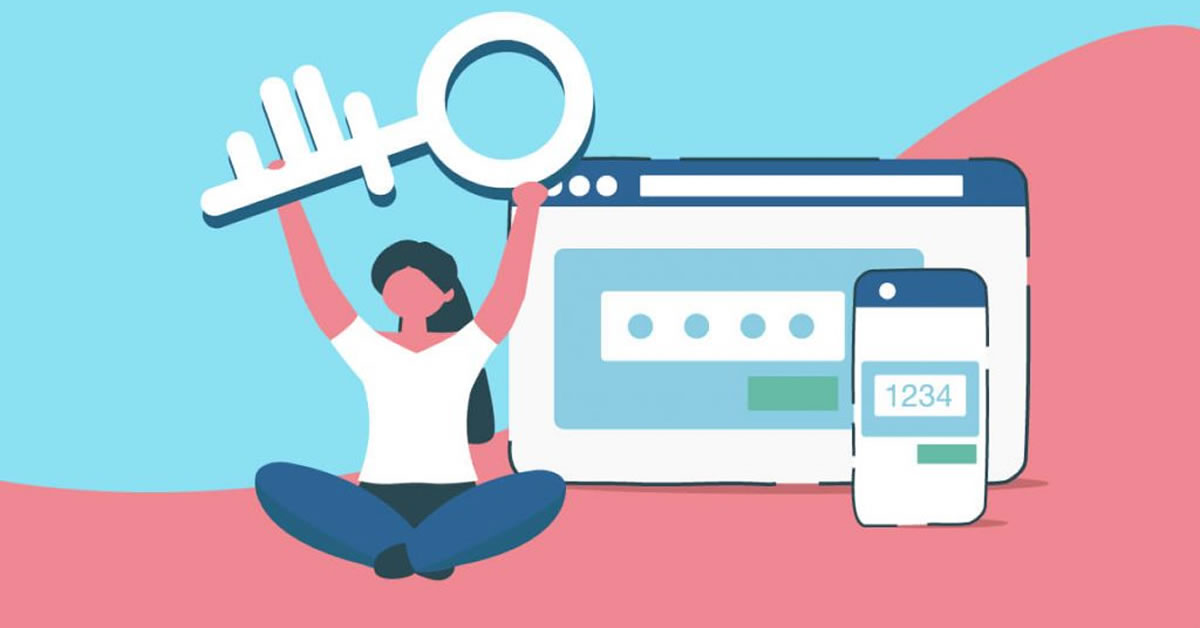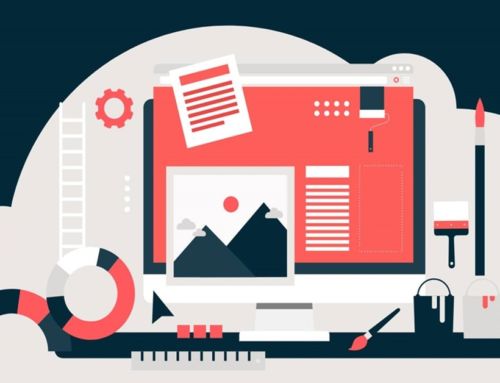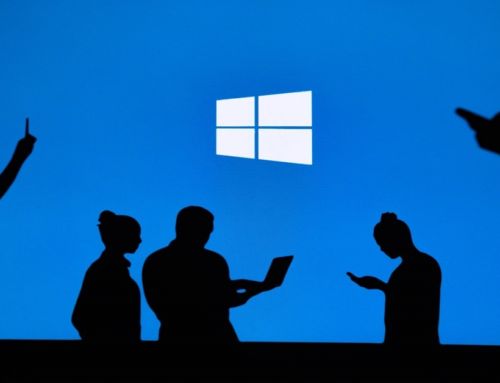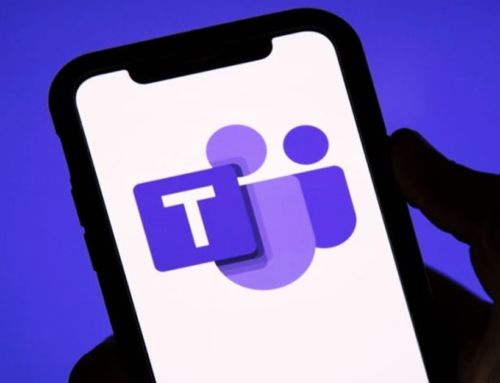Common Types of Online Threats & Tips
What is Online Security?
It is the combination of rules which are followed and steps which are taken to ensure online user data and privacy aren’t compromised by cybercriminals.
Online security is necessary in both personal and professional conditions. Below we cover some of the ways to keep your login info secure, the common types of online threats and how to identify and protect against them.
Username & Password Tips
- For every website or account, create a strong username and password that is different from the credentials on other platforms or websites you use.
- Use special characters, upper/lowercase letters and numbers and make it easy to remember.
- Try to avoid using personally identifiable information like your name, date of birth or social security number.
- Protect your passwords and don’t save them on internet sites.
To know the best online security methods, it’s important to understand the types of threats that exist and where they come from. Below you can see the most common types:
Phishing Scams
If you receive an official-looking email or text from what appears to be a legitimate source like the tax industry, look for underlying messages seeking to capture personal information from you to help determine if it’s a scam.
Be careful of clone login sites that attempt to capture personal information as well. Lookalike sites are designed to resemble the web pages of familiar brands or companies. They include the same logos or photos but sell counterfeit goods with the intention of spreading malware.
Regarding phishing emails/texts, you should: 1) be careful of unknown authors and attachments, which could contain a virus; 2) refrain from clicking on emails that look suspicious and 3) just delete it if you have any doubt.
The bottom line is that a phishing message may look official and come from an official-looking source; however, the messages tend to include copy that preys on fear, greed or curiosity.
Phishing emails frequently include malicious links or attachments, and the attacker will often bait the recipient into giving away personal or confidential information. Once that information is collected, the victim’s network may be exposed to malware.
Credit/Debit Card Scams
There are many ways card scams can occur, whether through online scams or skimmers installed on ATMs or gas station pumps.
Below are some methods to help keep your card information secure:
- Never give your card information to anyone over the phone unless you deem them a trustworthy source.
- Be careful using your card online. Be sure the website is dependable and has a reputable background/history.
- Look for unusual card slots on ATMs and gas station pumps. Feel around the slot and see if anything moves. If so, it could be a skimmer that was installed to steal card information. If you’re skeptical, notify the gas station attendant or institution in charge of the card reader.
- Scrap your card statements that contain personal information before disposing of them.
Social media scams
Several social media scams have been circulating that attempt to capture personal information or infect your computer with malware. Keep your guard up when using social media platforms.
Scammers on social media often use hidden URLs, where you as the user may see a post that includes a link with a shortened URL. Since hidden URLs conceal the full web address, users may blindly click on the link that takes them to a site that installs malware on their device.
Other popular malicious phishing attempts can be cash grabs or bait-and-switch games that ask you to complete a quiz and hand over personal information in the process so think before acting or clicking.
Best Methods For Online Security
- Keep your hardware and software up to date.
- Change your passwords frequently.
- Use anti-malware or antivirus programs to keep your devices secure.
- Avoid suspicious emails/texts and always check links before clicking.
Do you need more information regarding Online Security?
Contact Us to find out more!!
If you don’t know where to get started, need help or just don’t have the time to do it, our experts can help you out.
Call us today on 7000 8111 , we would love to help!
Follow us on Facebook to stay up to date with our news!







